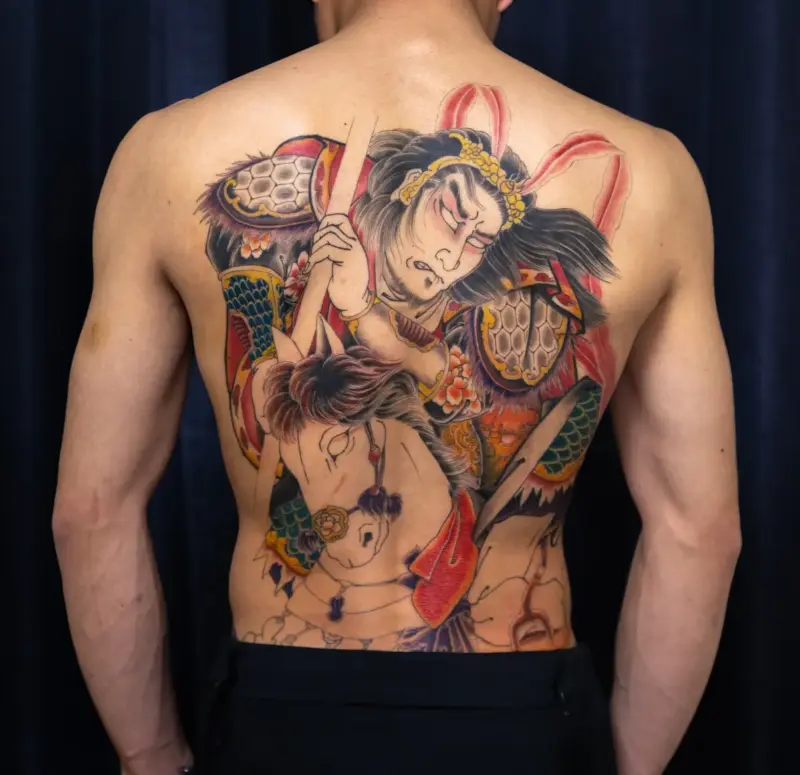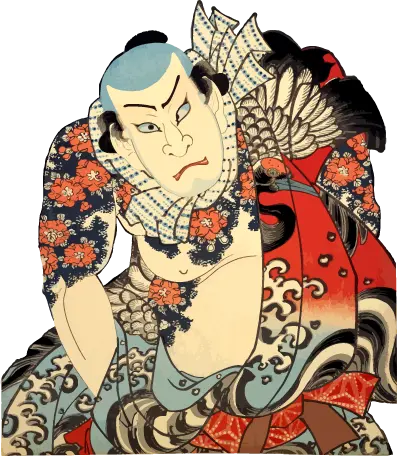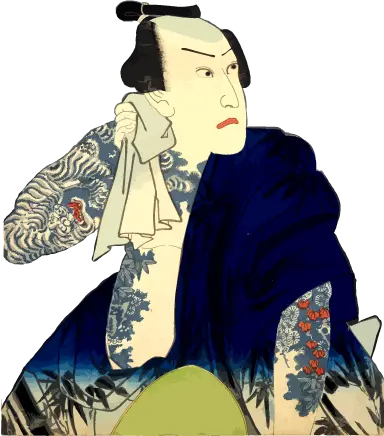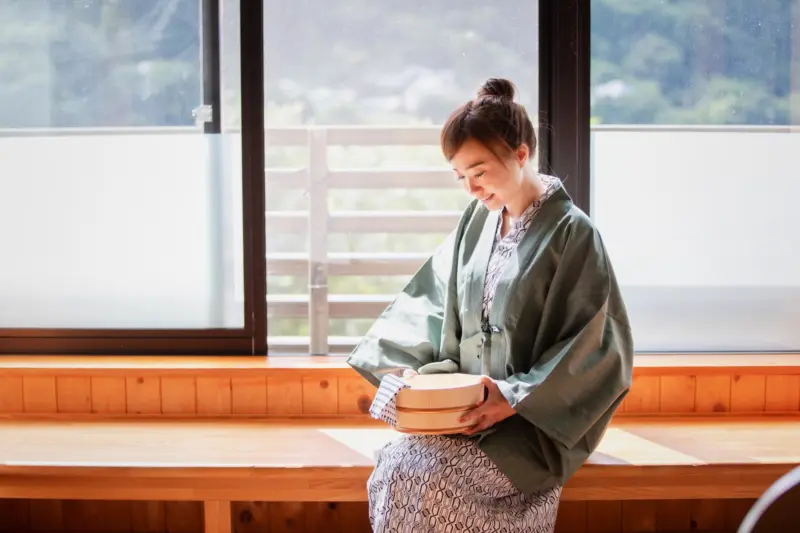Tattoos are a beautiful form of self-expression, but in Japan, they are often associated with cultural stigmas that can affect access to public facilities like hot springs (onsen) and public baths (sento).
If you’ve wondered why tattoos are sometimes not allowed, this guide explores the historical and cultural reasons behind the restrictions and what travelers can do to enjoy their visit.
1. Historical Context: Tattoos in Japan
Tattoos and Crime Associations:

Historically, tattoos in Japan have been associated with the yakuza (Japanese organized crime groups).
Members of these groups often have elaborate full-body tattoos, which have contributed to a societal stigma, as tattoos became linked with lawlessness and rebellion.
Punitive Tattoos in the Past:

During the Edo period (1603–1867), tattoos were sometimes used as a form of punishment for criminals.
These punitive tattoos served as a visible mark of shame, further embedding the idea of tattoos as undesirable in society.
Tattoos as a Symbol of Bravery and Style:

On the other hand, certain communities viewed tattoos as a mark of courage and style.
For example, tobi (scaffold workers) and firefighters in the Edo period often adorned their bodies with tattoos. These men worked in dangerous, physically demanding jobs and typically wore minimal clothing, such as loincloths.
Tattoos not only covered their exposed skin but also showcased their bravery and toughness.
In Edo culture, people celebrated these tattooed workers as stylish and heroic figures. Their tattoos represented the essence of “Edo chic,” embodying the bold and spirited character of the era.
2. Why Are Tattoos Restricted in Onsens and Sento?

Protecting a Relaxing Environment:
Onsens and sento are meant to be places of peace and relaxation.
Many owners fear that visible tattoos might make other guests uncomfortable due to their cultural associations.
3. Changing Perspectives

Younger Generations and Tourism:
While older generations may still hold conservative views, younger Japanese people and tourist-focused facilities are more open to accepting tattoos.
In recent years, some tattoo-friendly onsens and sento have emerged, welcoming both locals and international visitors.
Global Influence:
As Japan becomes more globalized, the perception of tattoos is slowly changing, especially in cities like Tokyo and Kyoto where tourism thrives.
4. Tips for Tattooed Travelers in Japan

- Look for Tattoo-Friendly Onsens and Sento:
Many websites and apps list tattoo-friendly facilities, making it easier for travelers to find welcoming spots.- Internal Link Suggestion: Discover Kyoto’s best tattoo-friendly sento for a relaxing experience.
- Use Cover-Up Stickers:
Some facilities allow tattoos if they are covered. Waterproof cover-up stickers are widely available in Japan. - Private Baths or Rooms:
Consider booking a private onsen or bath, where tattoo policies are generally more relaxed.
FAQ
Yes, there are many professional tattoo studios in Japan that welcome tourists. It’s a good idea to research artists and studios in advance to find one that matches your style.
There are no laws against showing tattoos in public, but in some traditional settings, like ryokan (Japanese inns) or onsen, tattoos might not be accepted.
Yes, especially in major cities like Tokyo and Osaka. Younger generations and businesses catering to tourists are more accepting of tattoos.
In most cases, foreign tourists with tattoos are not judged harshly. Many Japanese people understand that tattoos have different cultural meanings abroad.


